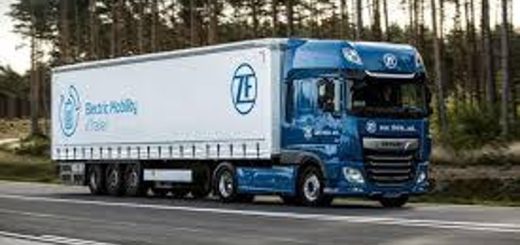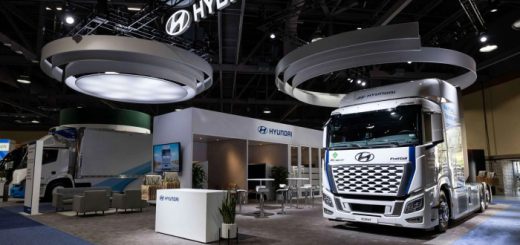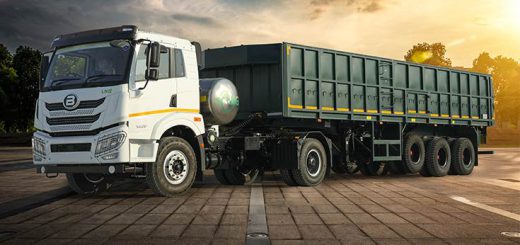The Transformative Impact of Connected Vehicles
In the rapidly evolving landscape of mobility, connected vehicles have emerged as a catalyst for building safer, more sustainable, and more efficient transportation systems. As the Head of Digital Business at Tata Motors Commercial Vehicles, Bharat Bhushan highlights the transformative impact of connected vehicles on the industry, from simple location services to advanced functions such as real-time diagnostics, fuel efficiency insights, and driver behavior analytics.
The adoption of connected vehicles in India has been significant, with the market expected to grow from $51.6 million in 2022 to $205.6 million in 2027. This growth is driven by the platform’s ability to improve fleet management, reduce fuel consumption, and enhance safety features. Connected vehicles have also enabled real-time monitoring, predictive maintenance, and emergency response systems, leading to a culture of informed driving practices in the commercial vehicle industry.
The potential of connected vehicles extends beyond fleet management, with opportunities in fleet financing, advanced AI-driven insights, and usage-based insurance models. By harnessing detailed vehicle usage and risk assessment data, connected vehicles can facilitate tailored financing solutions, reducing costs and improving accessibility for fleet operators. Insurance companies can leverage connected vehicle data to assess fleet usage more accurately, leading to fairer premiums based on actual vehicle utilization and driving behavior.
In emergency response services, connected vehicles can enable quicker dispatch of services to incident locations, potentially saving lives and reducing the impact of accidents and emergencies. The integration of sophisticated connected vehicle platform systems can lead to greater efficiency and optimization, with AI and ML technologies elevating capabilities to recognize complex patterns and correlations within vast datasets.
Also Read:- Truckers Stop Protest After Talks With Government Over New Hit-and-Run Law
Tata Motors’ Fleet Edge, a fleet management solution, is a prime example of the power of connected vehicles. By connecting over 600,000 commercial vehicles across the country, Fleet Edge analyzes real-world customer usage and offers solutions to significantly reduce fuel consumption. Through smart technologies, Fleet Edge provides in-depth insights and analytics to enhance fleet performance, operational efficiency, and customer profitability.
The future of connected vehicles in India is fueled by technological advancements and growing demand for connectivity. Seamless integration and real-time data exchange among ecosystem players are crucial for wider adoption and enabled use cases. Government initiatives promoting digitalization and road safety will further accelerate the adoption of connected vehicle platforms across sectors.
As the industry evolves, the convergence of technology, customer demands, and regulatory frameworks will drive a transformative shift toward highly intelligent and interconnected transportation ecosystems. The need for connected vehicles will be at the forefront, unlocking innovation and sustainability in the mobility sector. With its vast potential, connected vehicles are poised to revolutionize not only how we manage vehicles but also how we envision mobility and transportation in the broader context.
Source By:- https://www.motorindiaonline.in/




Recent Comments